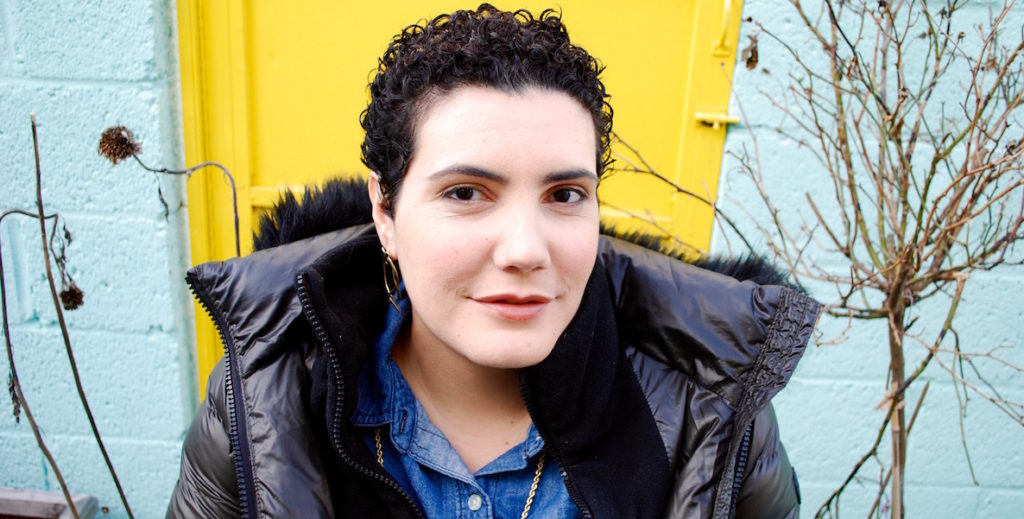Ours is a city of many languages. Just as Philadelphia wouldn’t be Philly without “jawn,” it wouldn’t be Philly without “cabrón,” without the languages that migrants bring to this city. It also wouldn’t be Philadelphia if there were only one way to love and inhabit it as we inhabit ourselves.
I am proud to be of a city that speaks and writes in both English and Spanish. This has been a sanctuary for so many, and its poet laureate should reflect that by helping its inhabitants see others like themselves standing before the mic.
I write and read in both languages because I believe it is an important method of countering homogeneity and assimilation. Poetry should break one apart, make one see the world anew, and crack fissures in the impossible. It is also important that each poetry performance be a collective experience. The right poets can heal, rebuild after hurricanes, cross borders, and translate the untranslatable by other means.
When I became Poet Laureate in January, my plan was to organize readings in collaboration with community organizers. This city should continue to be a place where they can share and mourn and love with others. Philly is a sanctuary city not just in name. It’s a ciudad santuario because there are spaces to welcome and support people who come from all over the world who come to make new homes and build communities.
We believe that highlighting Philadelphian poets will serve to raise and respect the histories of those who have built this city.
This is why I decided to plan We (Too) Are Philly, a summer poetry festival I am organizing alongside poets Ashley Davis, Kirwyn Sutherland, and Raena Shirali. It is inspired by Langston Hughes’ poem “I, Too” and features a line-up of poets of color who have a strong commitment to fighting white supremacy and collaborating with local communities to create shared creative spaces.
![]()
Each reading will also feature at least one poet who works in more than one language, because Philadelphia is a multilingual city. As I mentioned, one of my premier objectives has been to increase the number of readings that feature poets who write in languages other than English. One of the most common and exclusionary assumptions that predominates in most literary spaces is that everyone speaks or prefers to write in English. I’d like to change that expectation and normalize the notion that there might be difficulty and discomfort in the act of listening. For most immigrants, coming here means expecting all kinds of challenges, including a pressure to assimilate by speaking English. By providing a setting where English shares a space with other languages, we can momentarily tip the scales and encourage a culture that respects difference.
For most immigrants, coming here means expecting all kinds of challenges, including a pressure to assimilate by speaking English. By providing a setting where English shares a space with other languages, we can momentarily tip the scales and encourage a culture that respects difference.
We (Too) Are Philly will also help forge organic relationships between the spaces that are hosting the readings and the organizers. We hope to achieve this by consciously working with the history of each space. This is why, as organizers, we do historical research and maintain an open dialogue with community organizations. We carefully consider spaces for each event, taking into account how those spaces relate to surrounding neighborhoods, how long they’ve been in Philadelphia, and their history.
The first of six readings will take place on June 3, at Pentridge Station in West Philadelphia. The feature will be the Philadelphian poet, Warren Longmire, and the lineup includes: Marcelo Hernandez Castillo, Vincent Toro, Grisel Acosta, Kassidi Jones, and Marissa Johnson-Valenzuela. The full schedule for We (Too) Are Philly can be found here. Join us and help edify those who fight and work everyday to build Philadelphia into a place of promise.
We (Too) Are Philly Launch, Sunday, June 3, 7 pm-10 pm, Pentridge Station, 5110-5120 Pentridge St. Click here for full schedule

